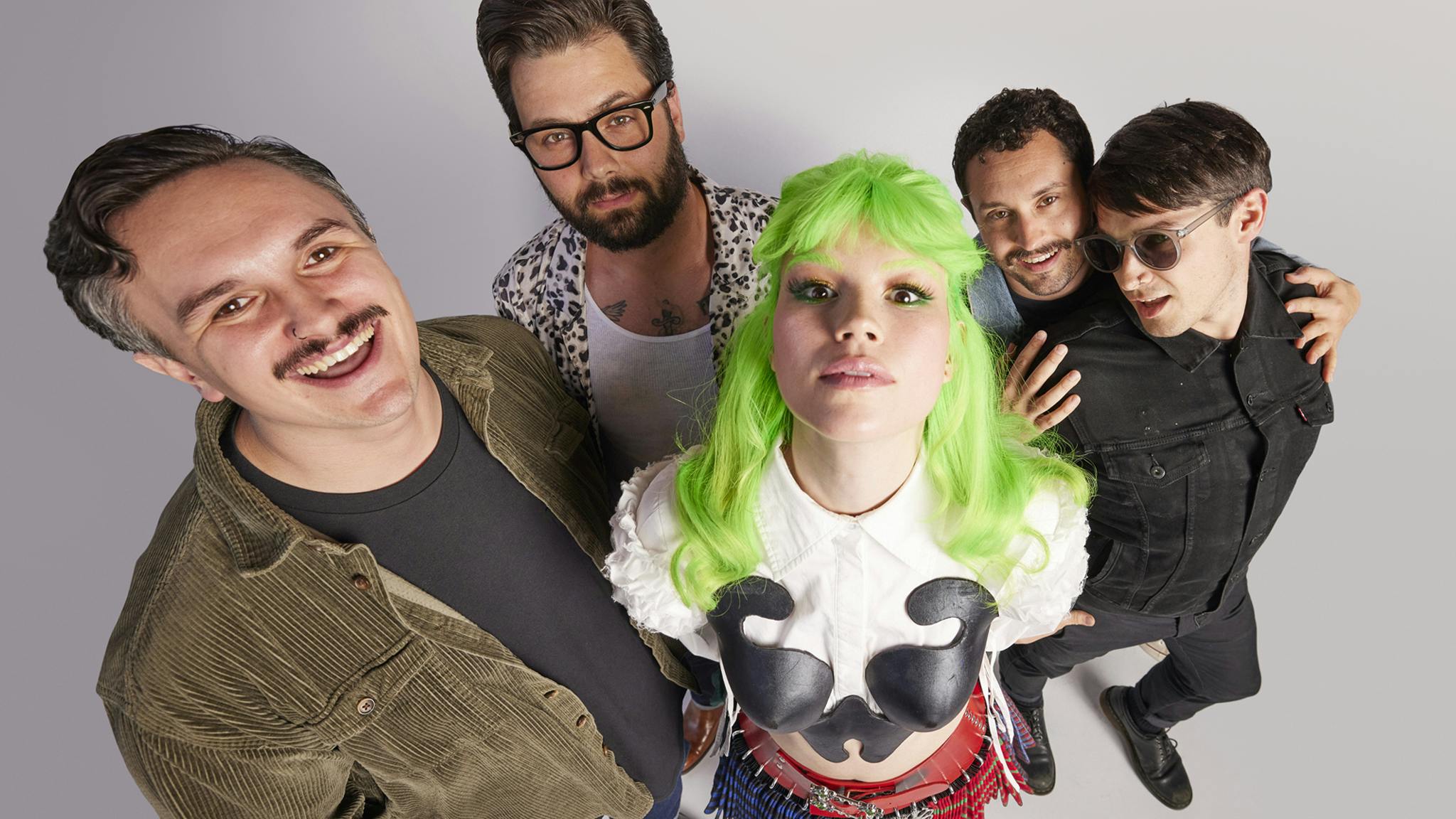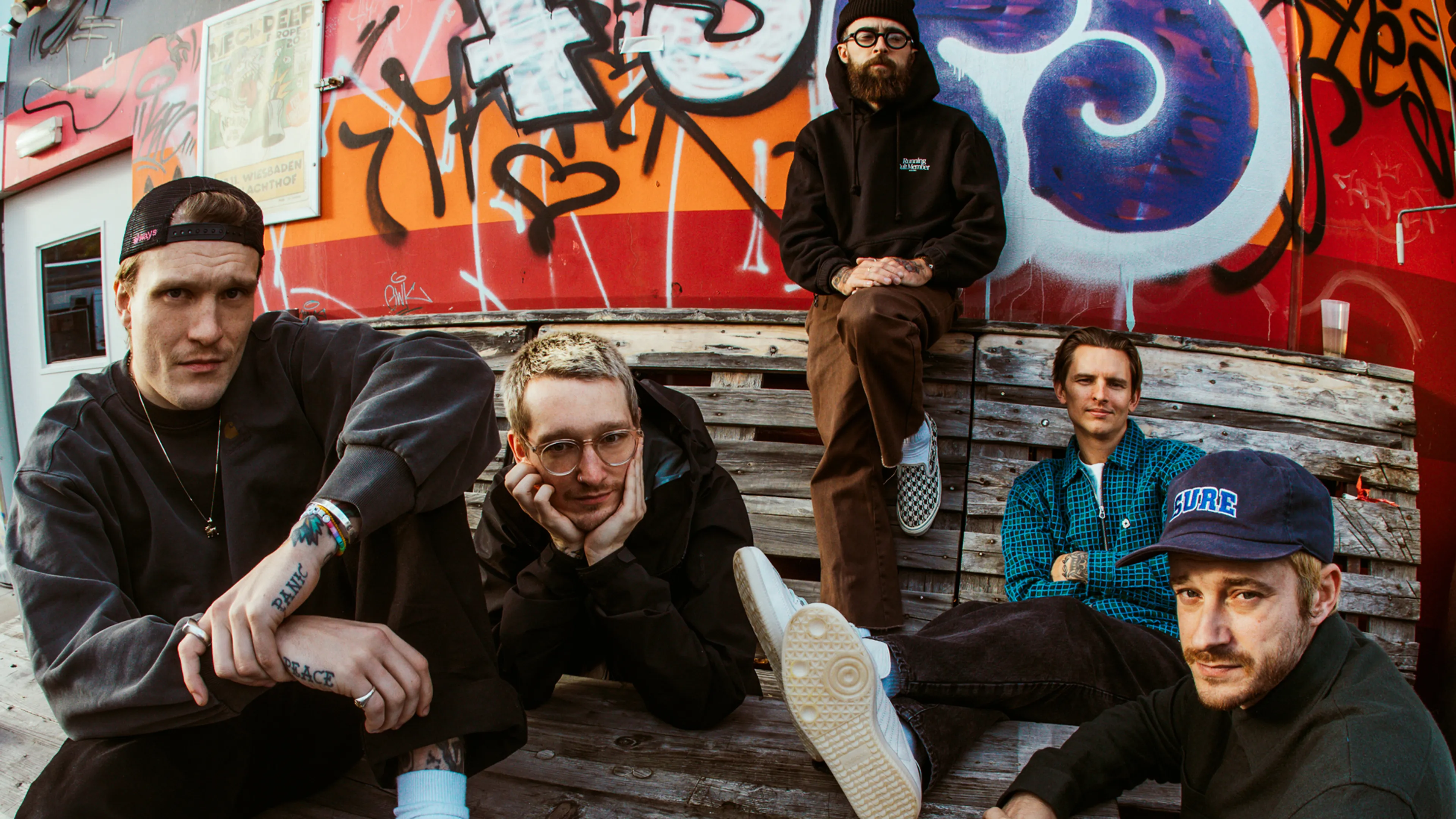A boycott is a form of mass protest. It means withdrawing your support or labour from an organisation, event or company on moral grounds, in order to pressure them to behave more ethically.
Throughout history, organised boycotts have successfully brought an end to racist violence. In the United States, it was the Montgomery Bus Boycott that brought an end to segregated bus seating. In 1955, African Americans were required to sit at the back half of buses and to give up their seats to white riders if the front half was full. It famously started when civil rights activist Rosa Parks deliberately refused to give up her seat for a white man. African Americans in Montgomery stopped riding city buses for over a year and the U.S. Supreme Court ruled that segregation was illegal.
Boycotts were also instrumental in bringing an end to apartheid in South Africa. In response to calls from South Africans fighting against apartheid, people across the world refused to buy food and products from companies that supported the South African government – and people closed their accounts with Barclays to pressure them to withdraw investments from South Africa. Musicians refused to play shows in the country, and the musicians union blocked South African artists from playing on the BBC.








